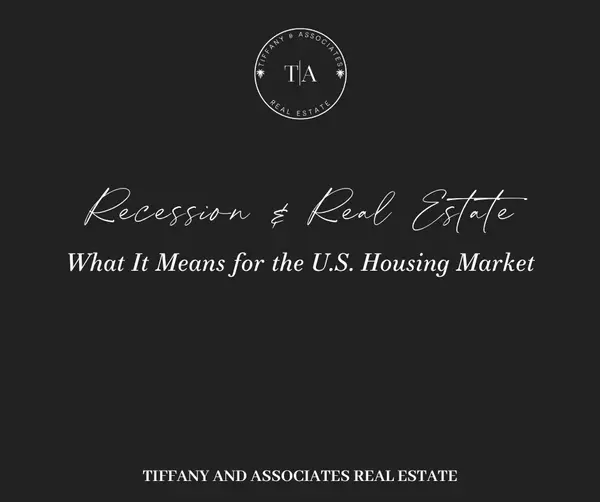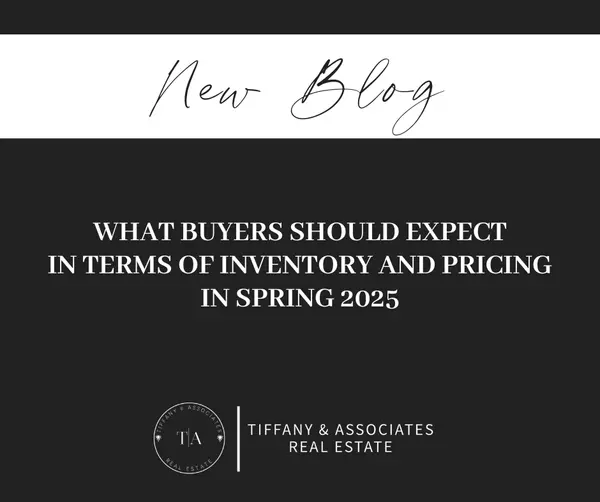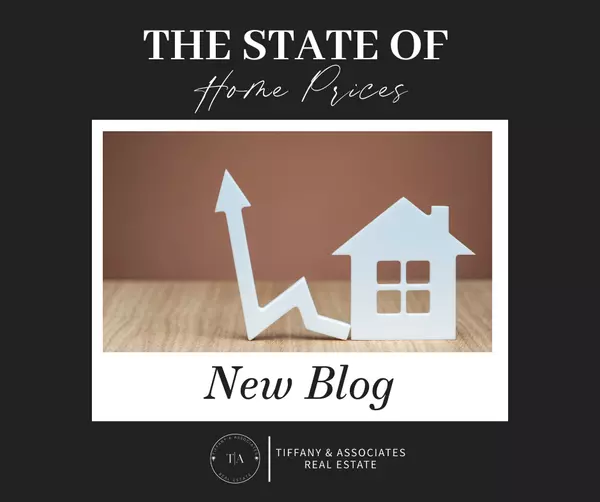Navigating the Housing Market: The Influence of Presidential Elections on Real Estate Decisions

Presidential elections are significant events that shape the economy and can have far-reaching effects on the housing market. With every election, the nation experiences a degree of uncertainty as policies, interest rates, and market regulations could shift depending on who takes office. Here, we’ll break down how elections may affect the housing market and what home buyers, sellers, and investors should consider during this unique period.
1. Market Uncertainty and Consumer Confidence
The months leading up to an election often bring a period of uncertainty. Both buyers and sellers may take a “wait-and-see” approach as they anticipate potential policy changes that could impact their finances. As a result, the market can experience a slowdown, with fewer people listing homes or making big purchasing decisions. Consumer confidence plays a huge role in the real estate market. When consumers feel uncertain, they’re more likely to delay making major financial commitments like buying a house.
Takeaway: If you're a buyer or seller, this period of uncertainty may mean fewer homes on the market or more cautious competition, which can lead to slower sales or price fluctuations.
2. Mortgage Rates and Interest Rates
One of the most immediate ways elections can affect the housing market is through interest rates. While the Federal Reserve operates independently of the government, markets react to election outcomes based on anticipated policies. Some candidates may support lower interest rates to boost economic growth, while others may focus on inflation control, which could lead to higher rates. Even rumors and election speculation can cause temporary rate changes as financial markets try to anticipate the future.
Takeaway: Keep an eye on the mortgage rate trends during election season. Locking in a favorable rate early may be beneficial, as rates can be unpredictable during this time.
3. Tax Policies and Deductions
Tax policy is often a central topic during elections, and changes here can directly impact homeowners. Some candidates may propose tax cuts, which could increase disposable income, making homeownership more appealing. Others may focus on revising property tax regulations, mortgage interest deductions, or even first-time buyer credits. These changes could make homeownership more or less advantageous depending on the proposals that come to fruition.
Takeaway: Homebuyers and current homeowners should stay informed on proposed tax policies. These policies could directly affect the cost of owning a home and, in turn, your purchasing power.
4. Real Estate Regulations and Lending Practices
Each administration has its unique stance on regulations surrounding housing and lending practices. Some may favor looser lending standards to stimulate buying, while others may advocate for stricter regulations to avoid bubbles. Additionally, proposals for affordable housing programs can vary, which may impact inventory and housing availability, especially in larger metropolitan areas.
Takeaway: Election outcomes may shape lending practices and mortgage accessibility, so buyers should stay alert for any changes in borrowing criteria that could affect loan qualification.
5. Investment Sentiment and Real Estate Investment
Investors play a big role in the housing market, and their sentiment can shift based on the political landscape. An election can make the stock market volatile, leading some investors to pull back from real estate until they have a clearer picture of the future economic environment. Others may see real estate as a stable asset during times of uncertainty, leading to more competition in certain markets.
Takeaway: If you’re an investor, be mindful of broader market sentiment during election cycles. While uncertainty may slow some investments, others may see it as an opportunity to secure properties.
Final Thoughts: Should You Buy or Sell During an Election Year?
While presidential elections bring unique challenges and uncertainties, they also offer opportunities. Those who do their research, stay informed, and understand how policy shifts might affect their personal situation can navigate the election period confidently. Whether you’re looking to buy, sell, or invest, staying attuned to market trends and possible economic policies will be your best asset. Remember, the housing market has historically proven resilient over time, regardless of who sits in the Oval Office.
Categories
Recent Posts










201 Anna Maria Blvd., Clemson, SC, 29631, United States
